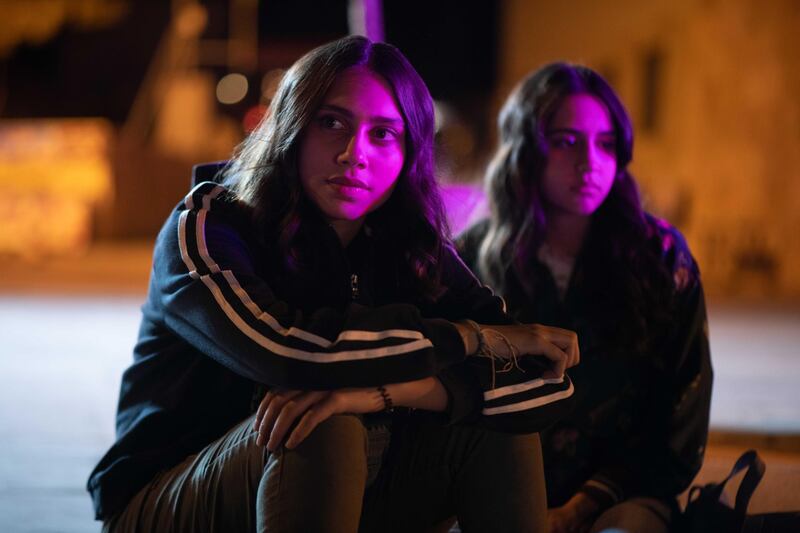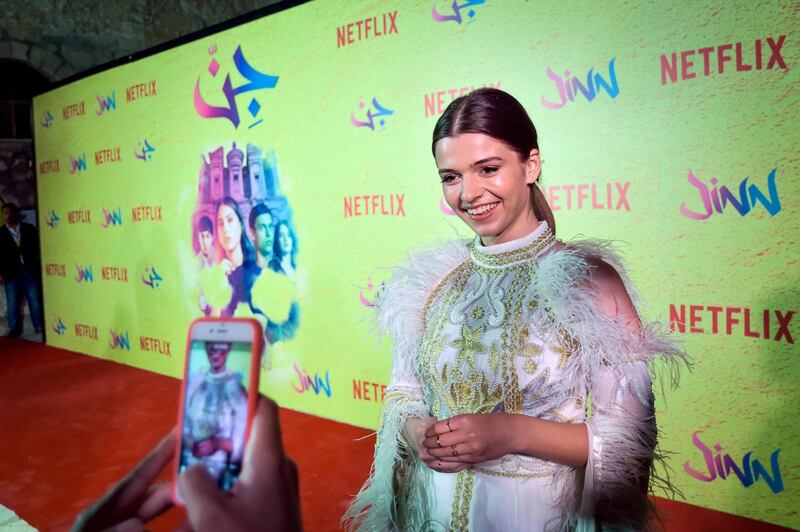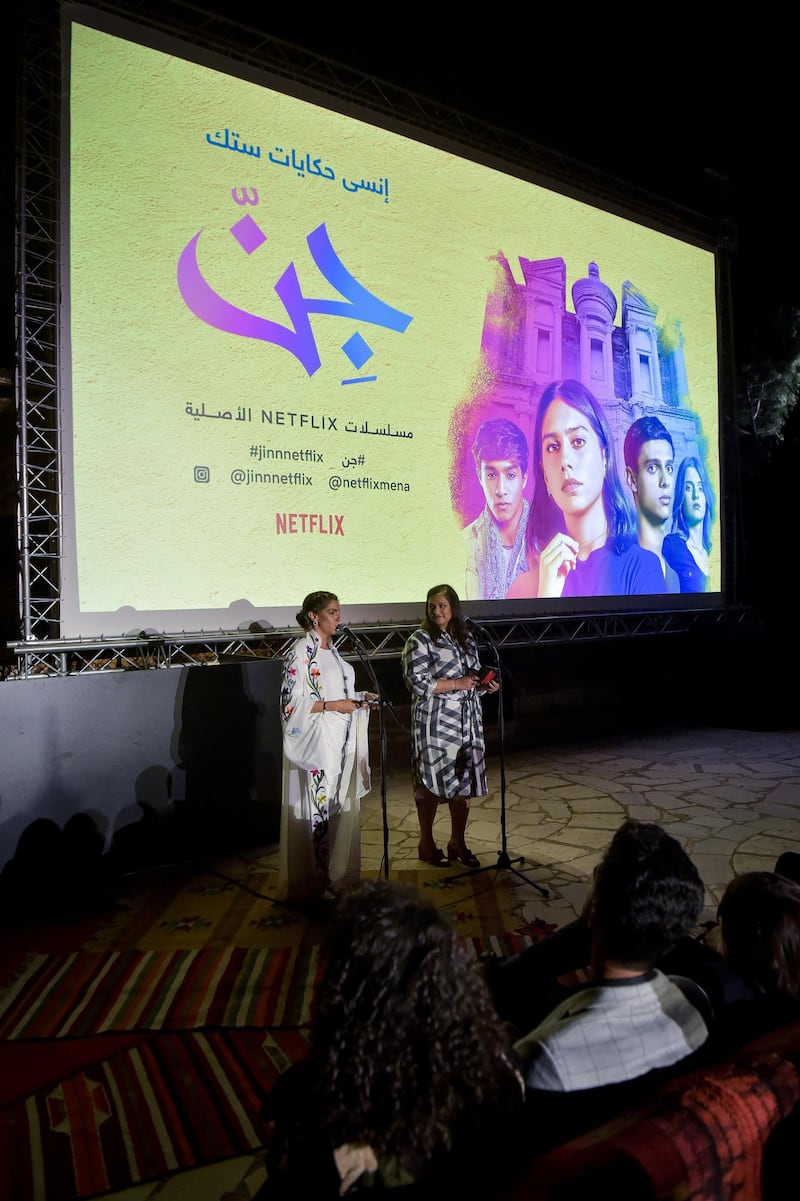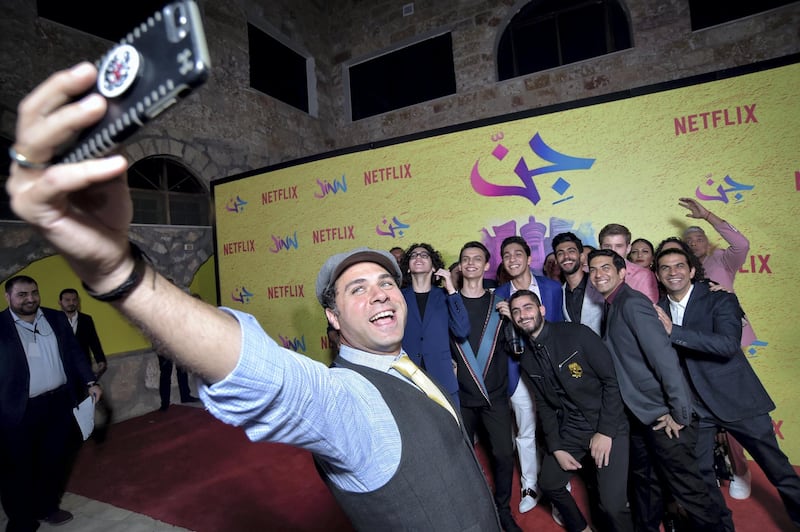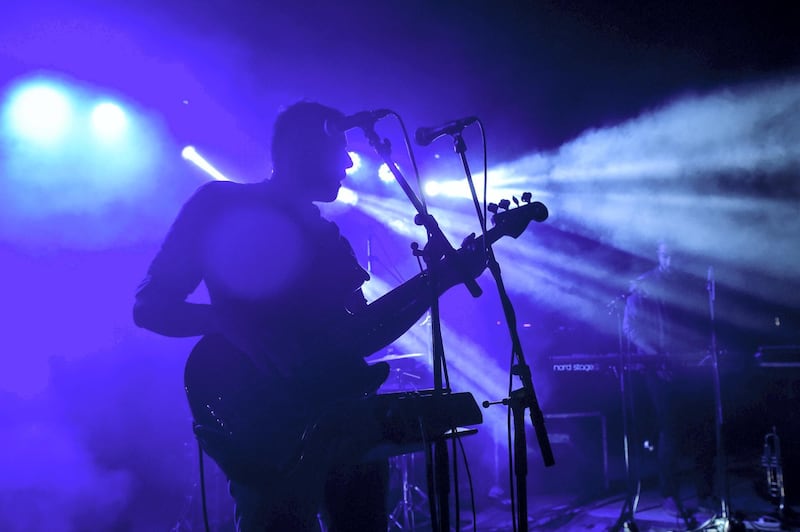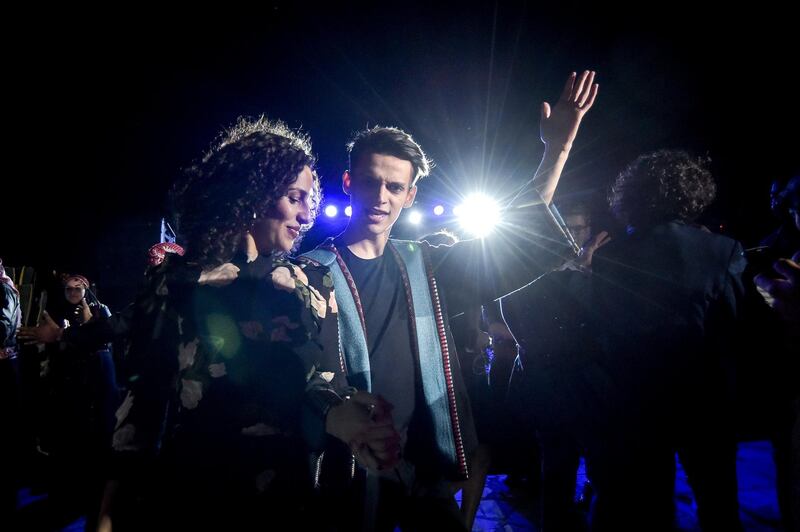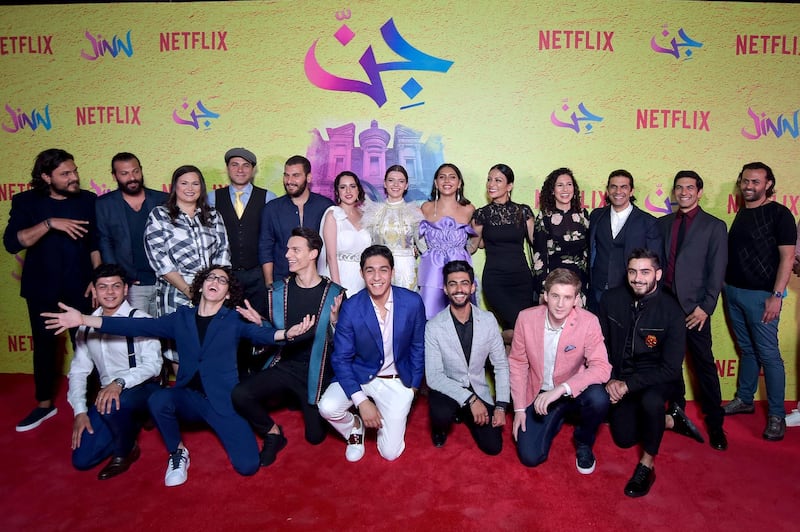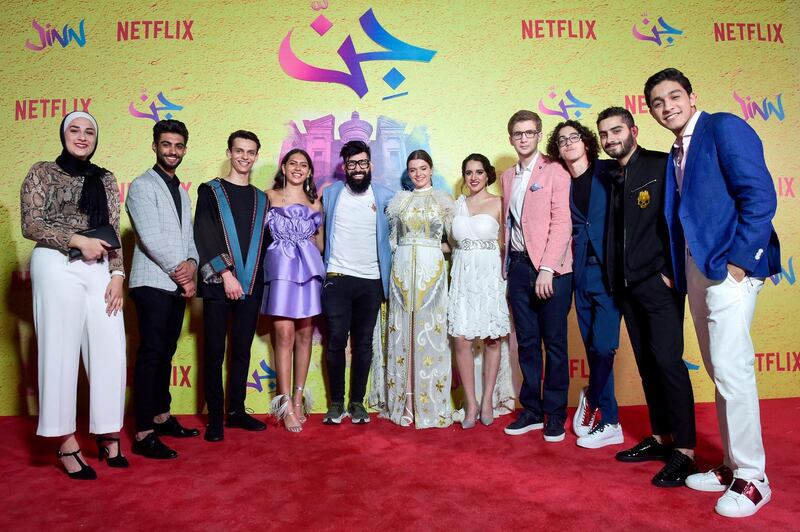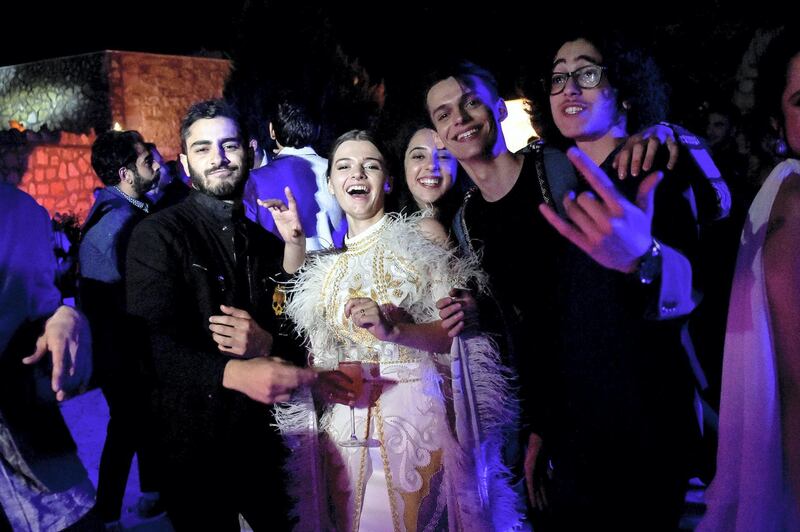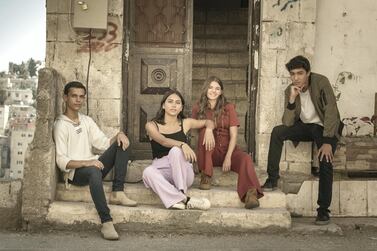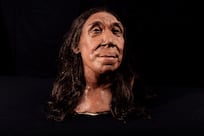Netflix's first Arabic original series, the supernatural teen drama Jinn, debuted last week worldwide with much fanfare, but has sparked uproar in Jordan where it is set.
State-run media reported that Jinn's release has prompted condemnation from several government officials who vowed to censor it for alleged "lewd scenes" that purportedly violate public morals. Jordan's army website says the cyber-crimes unit is attempting to pull it from Jordanian Netflix.
Prince Ali Bin Hussein, the half brother of King Abdullah II of Jordan, has now taken to social media to respond. Though he tweeted in Arabic, he writes: "All this activity and attention to the events of a series that is not a documentary in the first place. Energies attempted to offend Jordanian individuals and families are useless. Instead, focus should be aimed at finding solutions to the real problems of the country.
"Let us respect people and their differences. Jordan embraces people of all categories, beliefs and lifestyles as long as they are peaceful. Enough is enough. Let's put an end to this."
كل هذا النشاط والاهتمام بأحداث مسلسل ليس وثائقيا أساسا، وطاقات مهدورة بالإساءة إلى أفراد وعائلات أردنية، بدل التركيز على إيجاد حلول لمشاكل البلد الحقيقية؟ فلنحترم الناس واختلافاتهم، فالأردن يسع جميع الفئات والمعتقدات وأنماط الحياة طالما كانت مسالمة. كفاية ونهاية!
— Ali Al Hussein (@AliBinAlHussein) June 15, 2019
However, it is still unclear whether the Jordanian government would make good on the threats. Netflix Middle East denounced the controversy on Twitter as a "wave of bullying".
Here are photos from the 'Jinn' premiere in Amman:
In a statement on Friday, the streaming service said the show deals with "universal themes" that "can be viewed as provocative". A spokesman said content removals are rare but that Netflix complies with official requests.
Jinn is a five-part series and now available on Netflix to watch in 190 countries in seven languages including French, Hindi and Portuguese. It can also be subtitled in a further 20 languages.
The series was written by brothers Elan and Rajeev Dassani and is a classic high-school fright-fest, packed with jump-scares and teenage angst. It stars many first-time actors from the region – most of whom only auditioned for parts after hearing news of the upcoming series while in school.
This isn't the first time Netflix has come under fire for its content. Back in January, the streaming service removed an episode of a satirical comedy show Patriot Act with Hasan Minhaj that criticised Saudi Arabia after officials in the country reportedly complained. The episode had only been pulled from the streaming service in the kingdom, but could still be seen across the rest of the world.
"We strongly support artistic freedom worldwide and removed this episode only in Saudi Arabia after we had received a valid legal request – and to comply with local law," a Netflix spokeswoman said in a statement.
